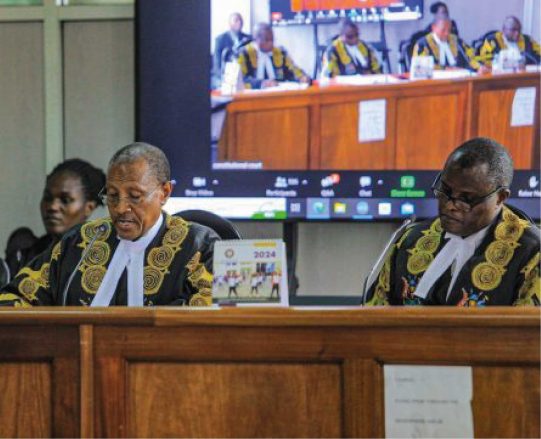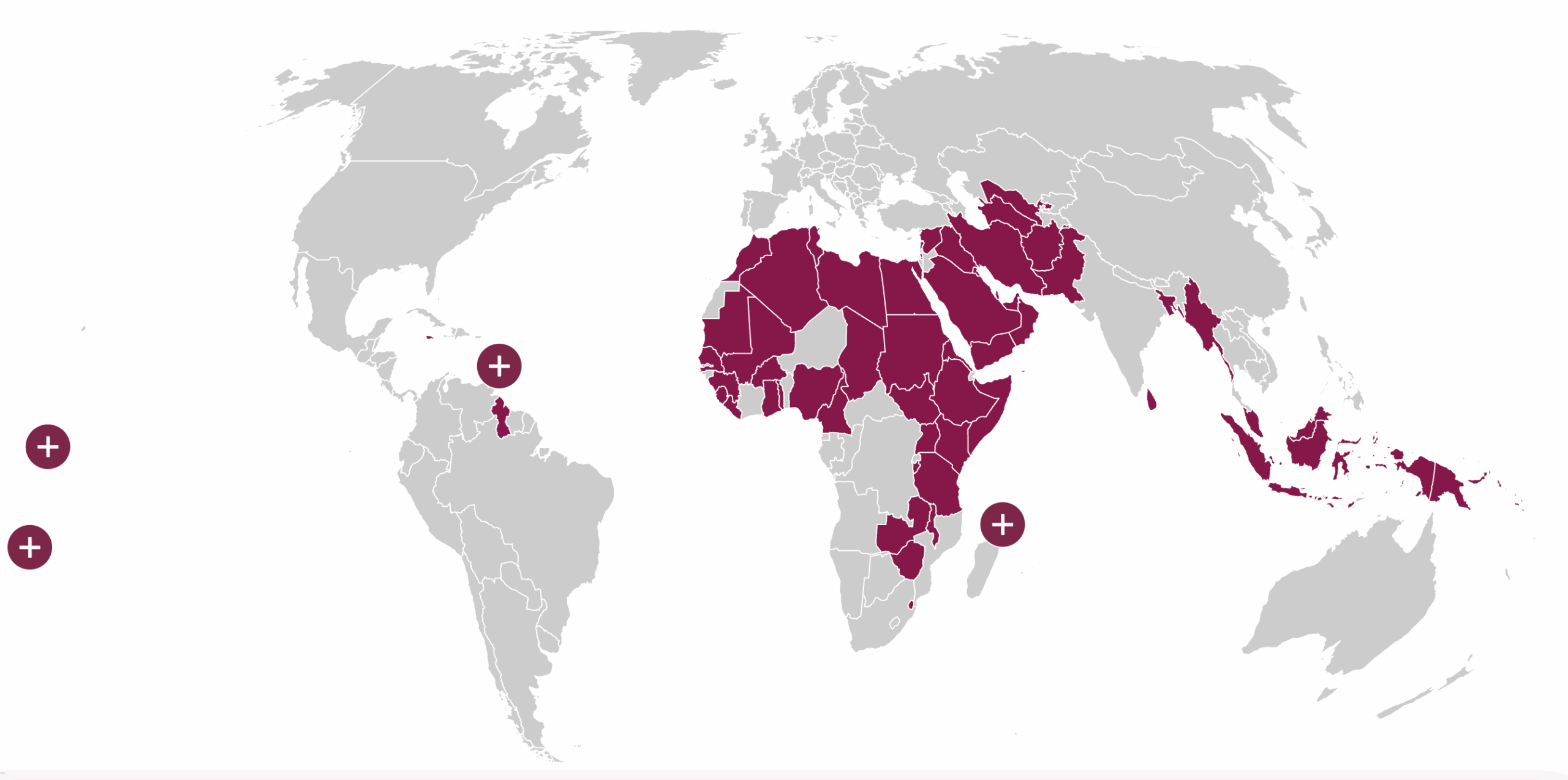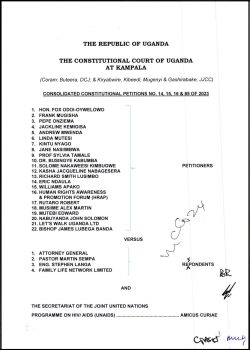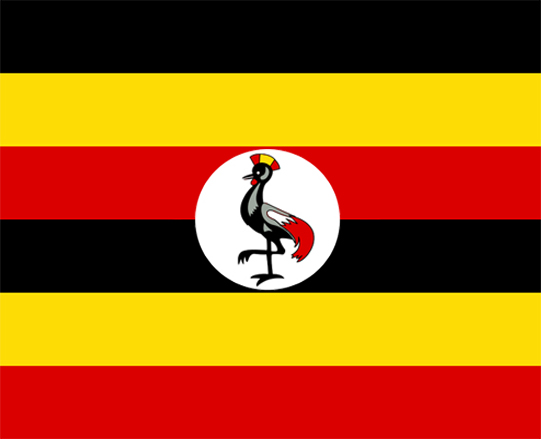The Human Dignity Trust (HDT) is dismayed by the Uganda Constitutional Court’s decision today upholding the discriminatory, vaguely defined and inhumane Anti-Homosexuality Act (AHA) 2023.
The AHA was challenged by a group of petitioners, including lawyers, human rights activists, journalists, academics and religious leaders, who argued that it violates fundamental rights guaranteed in Uganda’s Constitution, including the right to equality and freedom from discrimination, protection from inhuman and degrading treatment, and the rights to privacy, freedom of expression and freedom of association.
In dismissing the majority of the petitioners’ claims, the Constitutional Court held that the socio-cultural values and norms of wider Ugandan society trump individual human rights.
The few provisions that were struck down by the Court mainly affected third parties, such as the duty to report suspected acts of homosexuality to the police and a prohibition on allowing the use of premises for any offence under the AHA. The Court also struck down a provision that imposed the death sentence for transmission of HIV, which was found to violate Ugandans’ right to health.
In choosing to uphold this egregious piece of legislation, the Court has denied the basic rights of LGBT people protected under Uganda’s own Constitution and the international human rights treaties that Uganda has ratified. This judgment is extremely dangerous for LGBT Ugandans, whose only wish is to live in dignity, equality and with the freedom to express who they are and who they love, just like everyone else
‘The Ugandan judiciary cannot legislate the Ugandan LGBTIQ community out of existence,’ says Clare Byarugaba of Chapter Four Uganda and the Convening for Equality. ‘We shall continue to pursue all legal means to ensure this abhorrent law is repealed in all its entirety. Our human rights are inherent, and non-negotiable.’
The AHA, which came into effect on 26 May 2023, enhances existing colonial-era laws imposed on Uganda by the British, that already outlaw consensual, same-sex sexual activity.
However, the AHA goes much further and includes punishments of life imprisonment for the offence of homosexuality and the death penalty for so-called ‘aggravated homosexuality’, which includes being convicted of multiple consensual homosexual acts. The AHA also punishes the ‘promotion’ of homosexuality with up to 20 years in prison.
‘Other African states such as Angola, Botswana, Kenya, Mauritius, Mozambique, Seychelles and South Africa have, either through their courts or legislatures, all upheld constitutional and international law and eradicated laws persecuting LGBT people. Today’s decision flies in the face of the unassailable legal principles in those and other cases, and leaves Uganda firmly on the wrong side of history,’ added Braun.
Since the Anti-Homosexuality Bill was introduced last March, local human rights groups have reported a rise in anti-LGBT discrimination. Today’s decision is very likely to be appealed by the petitioners, but in the meantime the Constitutional Court’s ruling will prolong the precarious situation for LGBT people, says HDT.
Notes to Editors
- Read the Constitutional Court’s judgment on our website.
- Visit the Human Dignity Trust’s interactive map to find out more on Uganda and learn which countries across the world continue to criminalise LGBT people.
- The Human Dignity Trust works with local partners around the world to defend human rights in countries where private, consensual, same-sex sexual activity is criminalised. We provide free technical assistance to LGBT activists, civil society organisations, lawyers and governments wishing to challenge and reform laws that persecute people on the basis of their sexual orientation and/or gender identity.
For more information and to arrange interviews contact:
Emma Eastwood, Head of Strategic Communications, Human Dignity Trust
T: +44 (0)20 7419 3770 / E: [email protected] / Twitter: @HumanDignityT




